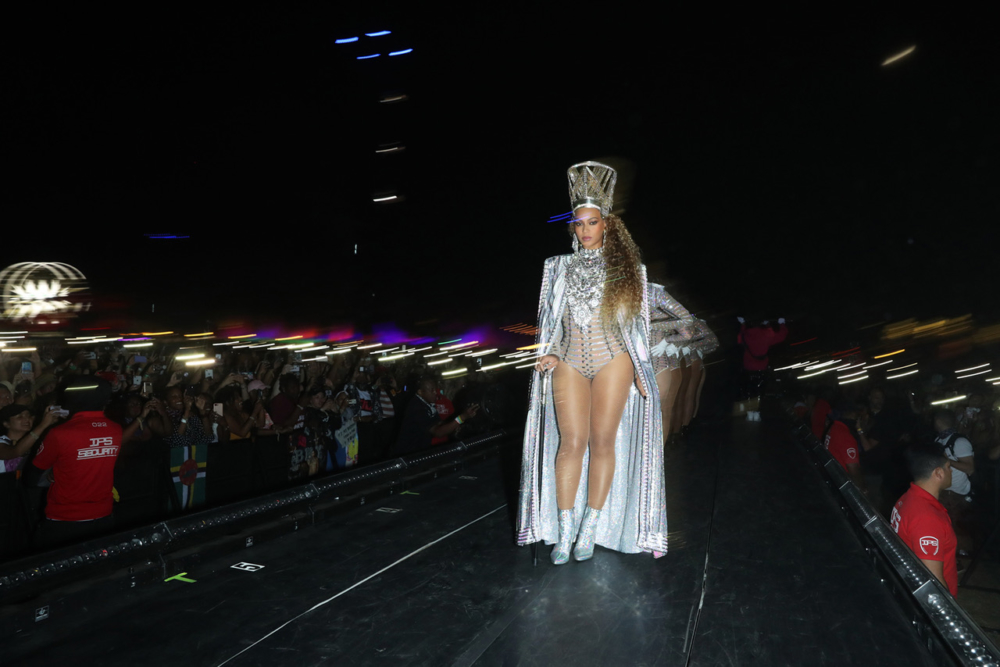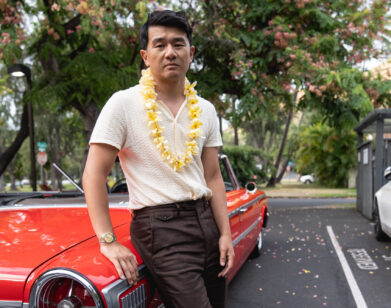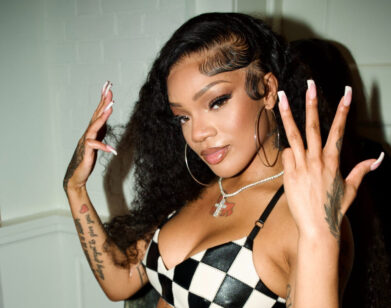Exit Poll: Beyoncé’s Homecoming is Black Excellence, Hard Work, and Pride

Exit Poll is a series exploring the good, bad, and outright deranged films and events our editors are attending and watching. This week: Ernest Macias experiences “Beychella” in Netflix’s new documentary “Homecoming: A Film by Beyoncé,” which documented, over eight months, the arduous work that went into showcasing Black culture, as the first black woman in history to headline the Coachella Valley Music and Arts Festival.
“Coachella, you ready?” The crowd answered yes (so did I, while watching), but truth be told, no one was ready for Beyoncé — goddess embellished in Balmain, clad in an armor built of pride, strength and love. Her flamboyant and powerful celebration of Black culture sent a message and celebrated history while making it. Queen Beyoncé has been in my life since MTV was about music and low-rise jeans were cool. I’ll be the first to admit I’ve never been a Queen B stan, but I’ve never diminished her talent and impact either. After watching Beyoncé, the first black women to ever headline the famous festival, do that amazing Beyoncé thing she does on her Netflix documentary Homecoming — which she directed, wrote, and executive produced — something inside me bloomed. The documentary serves both as a behind-the-curtain look at Beyoncé, the great performer, the mom, the perfectionist, and also as a concert film of Beychella. It is both entertainment and vouyerism into the effort, sweat, and dedication it takes to be Beyoncé. It is also an ode — an ode to women, and Black culture. But most of all Homecoming is powerful, even revolutionary, highlighting the importance, and greatness of HBCU’s, in addition to its messages of love and representation. This isn’t to mention the “limitless” amount of swag Queen B saw and fostered in her 200-plus person company. In her own words: “The things that these young people can do with their bodies and the music they play. It’s just not right. It’s just so much damn swag.” The two-hour documentary makes use of every second it has with the Houston native, showing us a side of the singer that we’re not accustomed to seeing. Her talent? We knew she had it. But who knew Sasha Fierce was also Sasha Perfectionist. And even more surprising was hearing Beyoncé, a symbol of strength and success, open up about her struggles: balancing motherhood and work, reconnecting with her body, and the intense diet regime she went under to get in shape for the performance of a lifetime. At some point during her first set, Queen B stares into the crowd and thanks the festival, “Coachella, thank you for allowing me to be the first black woman to headline Coachella.” After a beat she continues: “Ain’t that ’bout a bitch?” Absurd as it may sound, that’s the reality. Beyoncé is aware of it, so she pushed herself to limits she didn’t know were possible, in order to create a space that not only highlighted her community, but elevated the voices and talents of those people who have been historically exiled and marginalized. “It was important to me that everyone who had never seen themselves represented felt like they were on that stage with us.” Beyoncé’s Homecoming is so much more than just a documentary, it is a lesson, a hug, an experience, but most importantly — it is a reminder that dreaming is valid, and success is possible, as she herself said it, “If my Country ass can do it, they can do it.”






